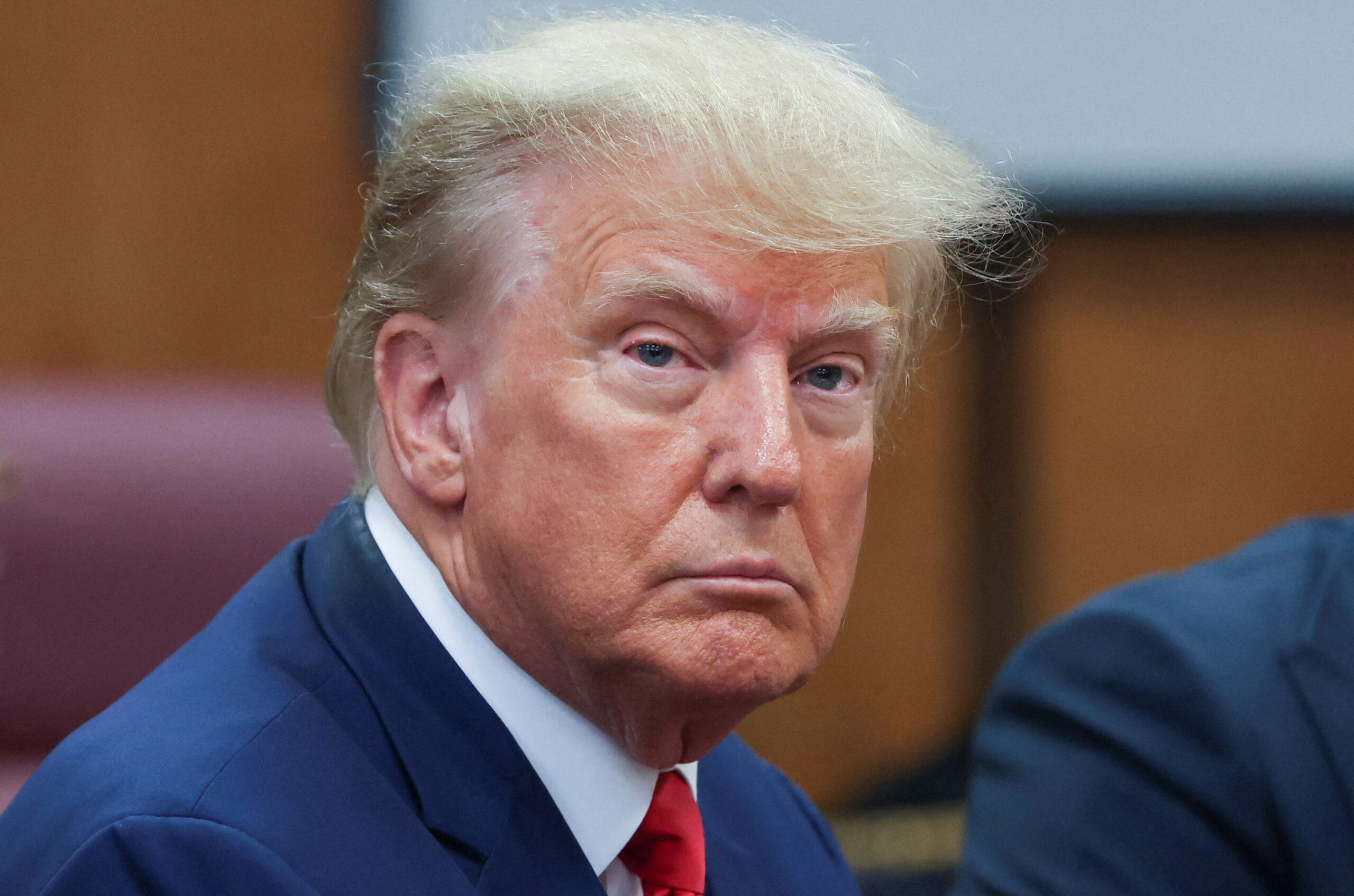Former President Donald Trump’s recent executive actions and public pronouncements have drawn significant attention, sparking debate over the limits of presidential power and its potential impact on the structure of American governance. These actions, which have come under scrutiny from various legal and political observers, have led to a series of challenges and a national discussion regarding the separation of powers, a cornerstone of the U.S. Constitution. Specifically, some of the initiatives undertaken have been interpreted as attempts to broaden the scope of executive authority, exceeding what some consider traditional presidential boundaries. Legal scholars and constitutional experts have expressed concern that some of these actions might infringe upon the powers reserved for other branches of government, primarily Congress and the judiciary, thereby potentially upsetting the established equilibrium of checks and balances. These concerns are not limited to legal professionals; they have also permeated the political sphere, with elected officials and party leaders issuing statements reflecting diverse viewpoints on the implications of these presidential initiatives. The debate is further complicated by differing interpretations of the Constitution and historical precedent. Some proponents of the actions point to precedents where presidents have utilized executive authority to address what they perceive as pressing national needs, while critics assert that these precedents do not justify the extent to which presidential power is being exercised in the present instance. The current legal landscape is also characterized by a number of pending lawsuits that directly challenge the constitutionality and legality of the various actions taken. The judiciary, therefore, is poised to play a crucial role in determining the extent to which these actions will be allowed to stand and what legal framework will be established for interpreting future presidential actions. The uncertainty surrounding these matters has led to a highly polarized environment, with both political parties attempting to leverage public sentiment in their favor, leading to a lack of consensus on what should be considered appropriate levels of presidential authority. The potential for a constitutional crisis has been raised by some legal commentators, especially given the number of legal challenges and the potential for conflicting rulings from different courts. A constitutional crisis, in the legal sense, would occur if there was a deep and unresolved conflict between different branches of government that would threaten the basic structure and functioning of the country’s system of governance. However, other commentators suggest that the current situation is manageable through the existing legal framework and the usual checks and balances provided by the Constitution. The complexity of the present political landscape is exacerbated by the strong public opinions on all sides of the issues, further complicating any path toward a quick or easily agreed-upon resolution. The debate over executive power and the scope of presidential authority is expected to continue for some time, and the outcome of this debate is likely to have lasting implications for the balance of power within the federal government. As these issues unfold, they will continue to be observed with a high degree of interest by both national and international audiences. The legal process will continue to be a major factor that will shape the direction of the current events.
Presidential Actions Prompt Legal and Political Debate



